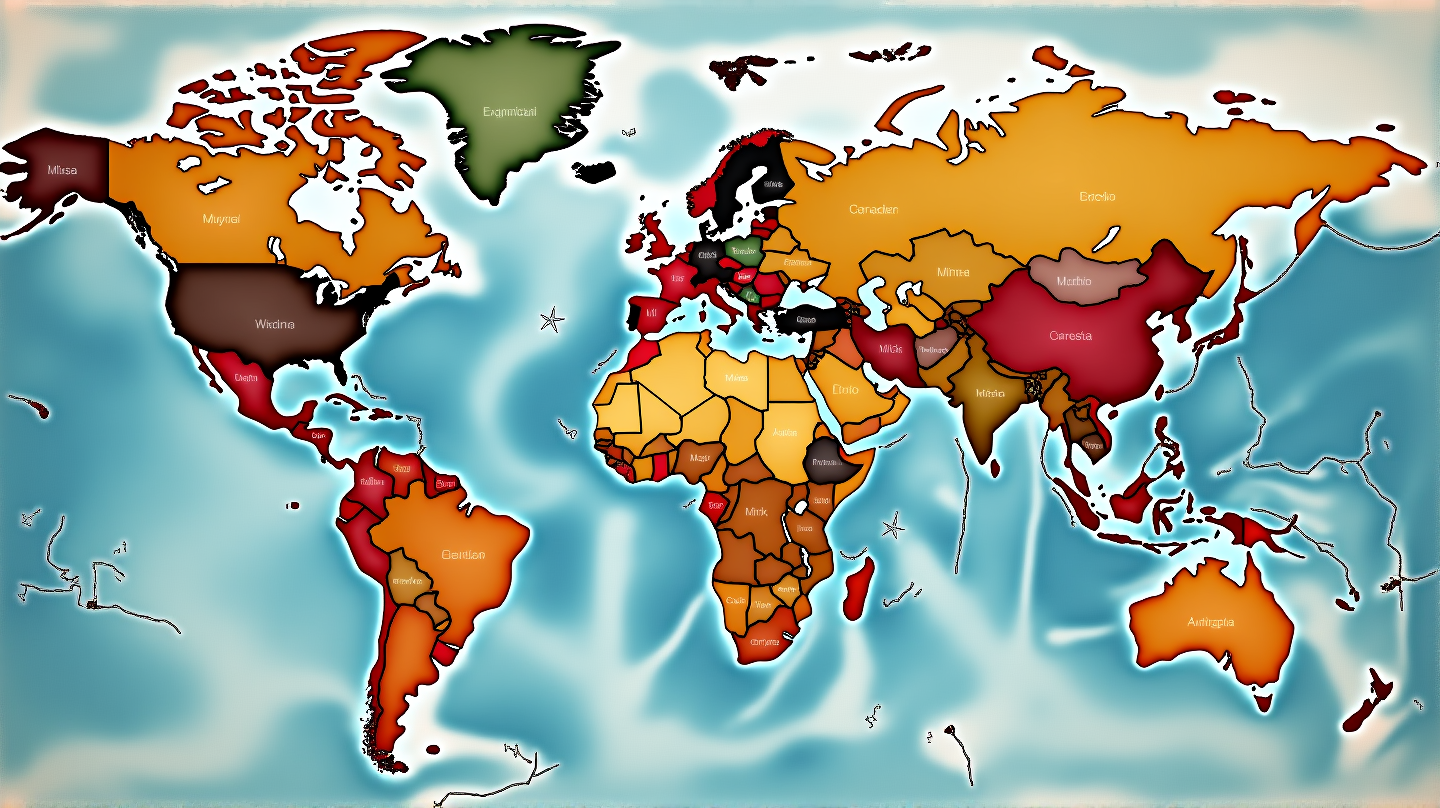Is the International Recognition of Palestine Symbolic or Substantive?
Analyzing the international recognition of Palestine: is it a genuine change or just political marketing? A look at global stances and peace efforts.

The Complex Terrain of Palestinian Recognition
In the delicate and labyrinthine world of international politics, the question of recognizing Palestine as an independent state has become emblematic of broader geopolitical strategies and alliances. For decades, the Middle East has been a focal point of international concern, with the Palestinian question remaining a particularly sensitive issue that resonates globally.
The Role of Key Global Players
Major powers like the United States, European nations, and regional leaders such as Turkey and Egypt influence the dynamics surrounding Palestine. On one hand, countries like Turkey and the UAE attempt diplomatic maneuvers aimed at balancing regional interests and advancing peace talks. On the other hand, certain actors might exploit the Palestinian plight for political advantages, essentially turning it into a “political marketing” tool rather than pursuing genuine change.
The Persistent Tug-of-War
Recognition often serves as a diplomatic ornament rather than leading to concrete steps towards statehood and independence for the Palestinians. The cultural and historical ties some European countries feel towards both Israel and Palestine further complicate coherent approaches. In Germany, for example, political decisions are often informed by historical guilt related to the Holocaust.
A Historic Overview of Peace Initiatives
A series of significant peace initiatives over the years, from the Madrid Conference to the recent New York conference in 2025, showcase efforts to mediate peace between conflicting parties. However, many have been overshadowed by political performances or have failed to produce tangible results. The ineffectiveness often stems from clashing interests and a lack of cooperation from essential stakeholders.
Israel’s Internal Dichotomy
The varied visions of Israeli leadership are encapsulated in the contrasting approaches of figures like Benjamin Netanyahu and Yair Lapid. Netanyahu’s government leans towards militaristic measures, whereas Lapid emphasizes dialogue and cooperation. These differing perspectives reflect the complex political environment within Israel and its influence on Middle Eastern geopolitics.
Beyond Symbolism: Efforts for a Tangible Peace
Revitalizing platforms like the Middle East Quartet is crucial for restoring coordinated diplomatic efforts that uphold sustained peace. The solution to the Palestinian issue involves all relevant global actors who aim for meaningful dialogue. Furthermore, fortifying Palestinian institutions and enhancing statehood foundations are imperative steps. As stated in Modern Ghana, collaborating with international powers in a balanced manner without undermining existing political paradigms is necessary to pave the way for durable peace in the region.
Conclusion: Bridging the Gap with Courage
Ultimately, peace can only translate from dream to reality through courage and compromise on both sides. Prominent global powers can inspire cooperation reminiscent of historical reconciliations, as seen with France and Germany within the EU. Ensuring humanitarian aid access and achieving a ceasefire in Gaza are crucial elements in fostering a stable future, underscoring the potential achievement of peaceful coexistence alongside Israel.





